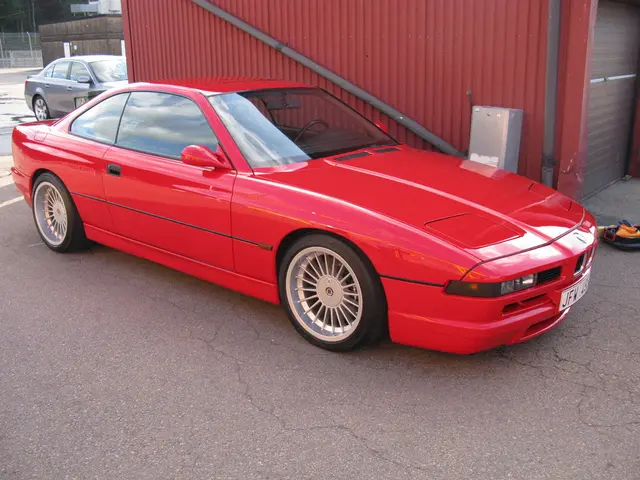Under the new GST 2.0, smaller vehicles like cars and motorcycles with engines up to 350 cc become more economical.
The Government of India has announced a GST revision exercise affecting multiple sectors, effective from September 22, 2025. One of the sectors significantly impacted by this change is the automotive industry.
In the new GST structure, mid-size cars with engine capacity ranging from 1200 cc to 1500 cc and measuring more than 4,000 mm will attract a GST rate of 40%. On the other hand, cars with diesel engines above 1,500cc and petrol engines of more than 1200cc will also fall under the 40% slab. However, a relief for the industry comes in the form of reduced GST rates for smaller vehicles. Petrol-hybrid, CNG, and small diesel cars with engine capacity up to 1,200 cc and measuring not longer than 4 metres will now have a GST rate of 18%, down from 28%.
The GST rate for auto components for Passenger Vehicles (PV) has been reduced from multiple rates to a uniform 18%. This reduction is expected to provide a boost to the automotive sector, benefiting companies like Maruti Suzuki and Hyundai, among others.
Big SUVs and sedans that exceed 4,000 mm in length will now have a GST rate of 40%. Meanwhile, bikes with engine capacity above 350 cc will also fall under the 40% slab. In a positive development, motorcycles with engine capacity up to 350 cc will now have a GST rate of 18%.
Tractors and tractor tyres and parts will now attract a GST rate of 5%, down from 12% and 18%, respectively. Electric vehicles (EVs) will continue to receive a GST rate of 5%.
Saurabh Agarwal, Partner & Automotive Tax Leader, EY, stated that the discontinuance of the cess is a particularly pragmatic step, which will provide much-needed support to the automotive sector. However, he added that the industry must reassess the financial impact of state incentives and subsidies, which are often linked to GST rates, and may necessitate a renegotiation with state governments to address potential changes in costs and clawback periods.
In the transportation sector, trucks will now have a GST rate of 18%, down from 28%. Motorcycles will continue to have a GST rate of 40%, previously 31% (28% + 3% Cess). Electric Accumulators, including separators, other than Lithium-ion battery, will now have a GST rate of 18%, down from 28%.
These GST revisions are expected to have a significant impact on the automotive and related industries, potentially influencing the pricing and availability of vehicles in the Indian market.
Read also:
- United States tariffs pose a threat to India, necessitating the recruitment of adept negotiators or strategists, similar to those who had influenced Trump's decisions.
- Weekly happenings in the German Federal Parliament (Bundestag)
- Southwest region's most popular posts, accompanied by an inquiry:
- Discussion between Putin and Trump in Alaska could potentially overshadow Ukraine's concerns





